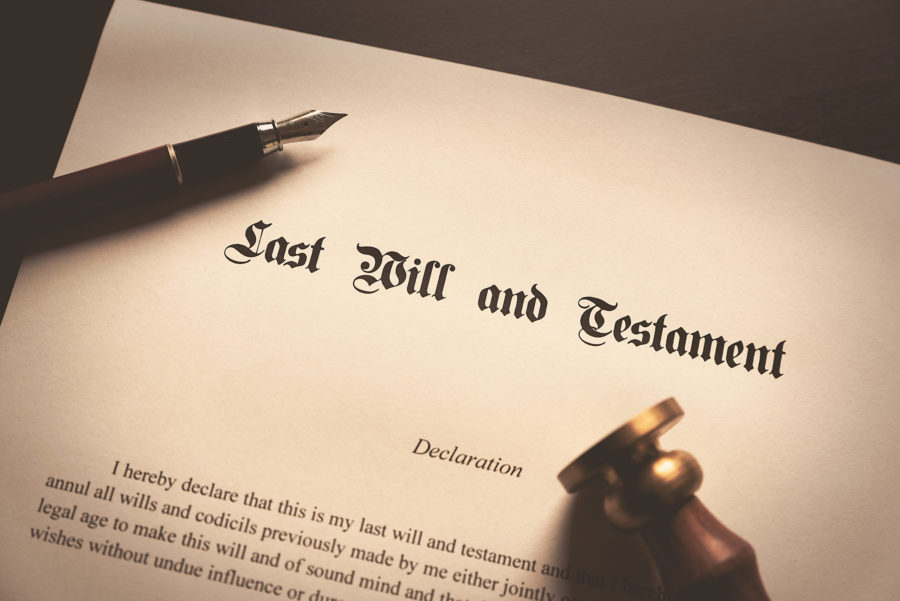
What Is the Role of an Executor in an Estate Plan?

An executor of an estate plan must perform various tasks. They handle a deceased person’s finances and carry out their final wishes. They’re also responsible for ensuring beneficiaries receive the assets left to them in the deceased’s will.
Understanding the duties of an executor is crucial. They are someone a person trusts to manage all aspects of the estate upon death. They have the legal authority of the court to fulfill their responsibilities and administer the estate according to the deceased’s instructions.
Duties of the Executor of an Estate Plan
An executor settles all matters related to a person’s estate when they die. They must be honest and diligent in carrying out tasks, such as:
Filing the will with the probate court
The first step of administering an estate is filing the will with the probate court. Probate is the process of a judge validating a will and authorizing the executor to proceed with their responsibilities.
Notifying credit card companies, banks, and other entities
Multiple entities must know about the person’s death, including banks, credit card companies, and the Social Security Administration.
Determining whether probate is necessary
Probate isn’t always necessary while handling someone’s estate. The executor must decide whether they can transfer property immediately or must wait for the judge’s authorization. Common assets that avoid probate include bank accounts with a pay-on-death arrangement, retirement plans with designated beneficiaries, and property held in a revocable living trust.
Appearing in court
The executor might have to represent the estate in court proceedings before a probate judge.
Creating an account for funds
The executor can set up an account to hold money owed to the deceased, such as a paycheck. They can also use the account to pay ongoing bills, such as utilities and mortgages.
Filing an inventory of assets
State law requires the executor to file an estate inventory with the court, including descriptions and values of all personal and real property.
Managing all property
The executor must protect all assets until distribution. They can determine whether they should sell any property left in the estate and manage assets they must transfer to beneficiaries.
Paying taxes and debts
The executor must notify all creditors of the death. They can use certain funds to pay the debt if instructed to do so by the deceased. However, if nothing was set aside, the executor might have to use assets to satisfy obligations. They must also pay estate taxes.
Distributing property
The executor must transfer all assets to named beneficiaries according to the deceased’s wishes. If there isn’t a will or designated beneficiaries, the property will pass by intestate succession laws.
Disposing of the remaining property
If assets remain after paying off debts and distributing everything to beneficiaries, the executor must dispose of it properly.
Who Can Serve as the Executor of an Estate in North Carolina?
State law requires the executor of an estate to be at least 18 years old and of sound mind.
A person can’t be an executor if they:
- Are under 18
- Are considered incompetent during a formal proceeding and continue to be under a disability
- Were convicted of a felony and haven’t had their citizenship restored
- Are a nonresident without an appointed resident agent or a resident who moved without selecting a process agent before being designated as the executor
- Are illiterate
- Are a corporation without authorization to act as a personal representative in the state?
- Were convicted of the deceased’s murder
- Are a separated or divorced spouse of the deceased
Speak to a Dedicated Estate Planning Lawyer in Gastonia, NC
Mullen Holland & Cooper P.A. has assisted clients with estate planning for over 70 years. We understand the importance of protecting your assets and your family’s future. You should appoint an executor you trust to fulfill their duties and protect your loved one’s best interests.
If you want to discuss your estate planning options or draft an estate plan, call the experienced estate planning attorneys at Mullen Holland & Cooper P.A. at 704-864-6751 or contact us online right now for your confidential consultation.






